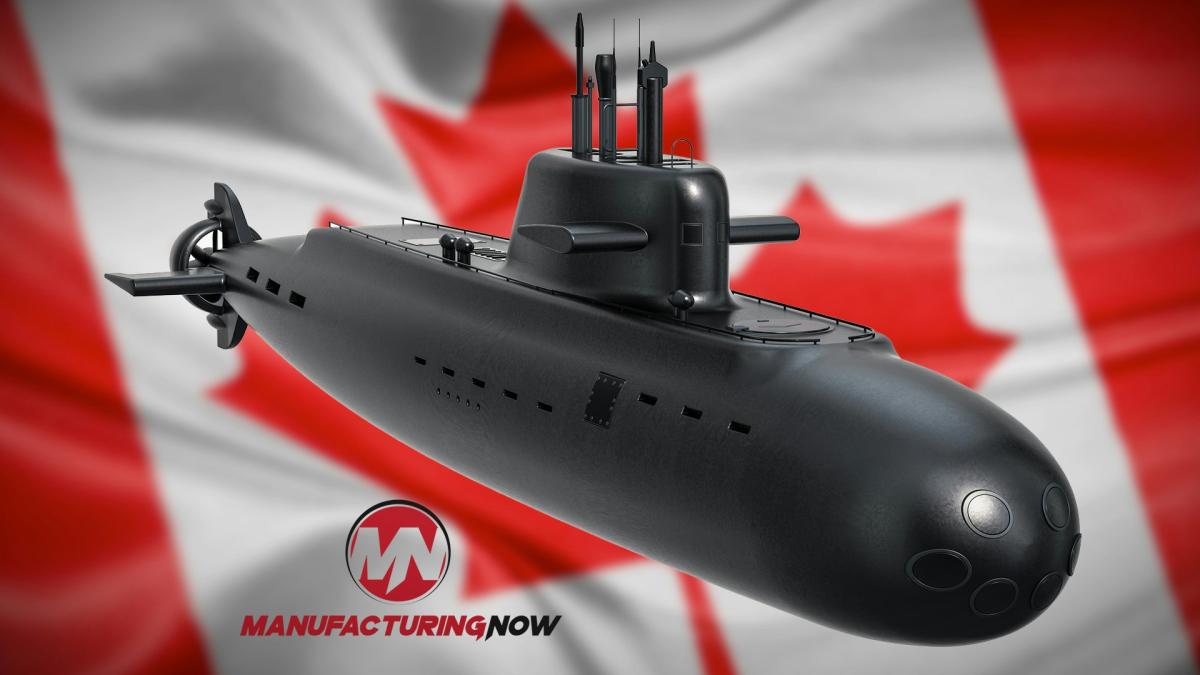Canada is officially looking for defense manufacturing partners to help it significantly expand its submarine fleet as the country looks to secure future shipping routes.
Canada’s Department of National Defence said it’s in the market for up to 12 submarines, an order that would potentially quadruple the country’s current fleet of four. The ministry said that the current fleet of submersibles is getting outdated and costly to maintain, so it wants new conventionally powered submarines that can travel under the ice.
Most Read on IEN:
Next on the agenda for Canada’s Defence Ministry will be meeting with manufacturers, before making construction, delivery and operational capabilities requests of potential bidders. Those potential bidders could possibly include U.S.-based contractors like General Dynamics Electric Boat and Newport News Shipbuilding.
Whichever company or companies win the contract will need to meet requirements including stealth, lethality and Arctic deployability so that Canada can detect, track, deter and, if necessary, defeat adversaries.
Canada cited global warming as the one of the key reasons for beefing up its naval defense. The country said its Arctic is now warming at four times the global average and making a “vast and sensitive region more accessible to foreign actors who have growing capabilities and regional military ambitions.” By 2050, Canada believes the Arctic Ocean could become the most efficient shipping route between Europe and East Asia.
Bill Blair, Canada’s Minister of National Defence, said competitors are seeking access, transportation routes, natural resources, critical minerals, and energy sources. They are exploring Arctic waters and the sea floor, probing the country’s infrastructure and collecting intelligence. Specifically, he said Russian submarines are more widely probing across the Atlantic, Arctic and Pacific Oceans while China is rapidly expanding its underwater fleet.
According to the Arctic Institute, as the amount of ice blocking the Arctic is diminishing and opening up new, faster shipping routes, the traditionally cooperative region is becoming increasingly competitive, which could eventually lead to elevated geopolitical tensions.
If the Arctic continues to emerge as a more efficient shipping lane, efforts like Canada’s submarine fleet expansion will be crucial in helping to avoid supply chain disruptions.
Click here to subscribe to our daily newsletter featuring breaking manufacturing industry news.

